Cities of the future must prioritise the health of people and the planet
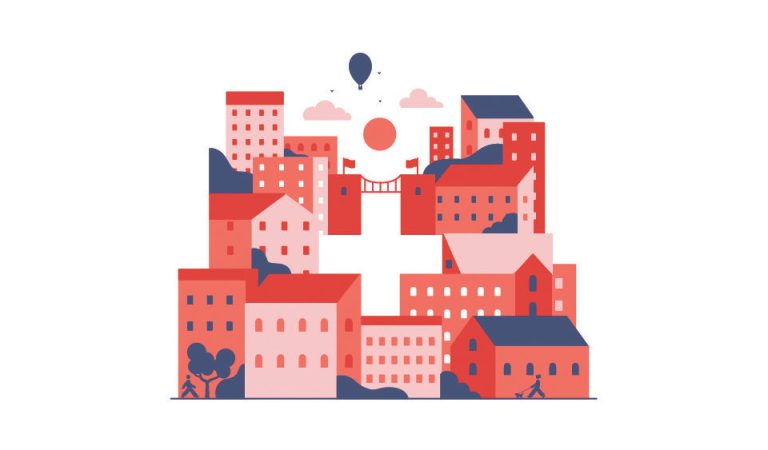
Illustration: Gus Scott
Urban environments and public health have been intertwined ever since people first started living together in towns and cities. Some of the earliest sewer systems, keeping human waste away from drinking water, for example, are 5,000 years old.
For most of human history, urban disease has been mostly infectious – plague, cholera and TB are some famous examples. But more recently we’ve seen the rapid rise of so-called non-communicable diseases – ones you can’t catch – such as obesity, cancer, diabetes, dementia, respiratory illnesses, anxiety and depression.
These are not of course just diseases of cities. But there is plenty of evidence showing they are strongly influenced by urban environments.
Cars, air pollution and unhealthy food and drink surround us, while access to nature and opportunities for walking and cycling are often extremely limited. Some communities are more affected by non-communicable diseases than others, depending on where they live and their access to resources.
Cities are also major contributors to our climate and biodiversity crises. They are responsible for more than 70% of global CO2 emissions and consume more than 75% of the earth’s resources.
Climate change is already having major impacts on health. These are projected to increase substantially due to extreme weather events (floods, heatwaves), worsening air and water quality, droughts affecting food supply, and disease transmitted by lifeforms such as mosquitos or ticks.
These global challenges – non-communicable disease, climate change and inequality – are at the heart of TRUUD, a five-year research project led by University of Bristol. It aims to tackle the root causes of unhealthy urban development by giving decision-makers new evidence and tools to prioritise health when planning new housing, places to work and live in towns and cities.
Ensuring urban design prioritises health needs
TRUUD involves six UK universities – Bristol and the University of the West of England (UWE), as well as Bath, Reading, Manchester and Stirling – plus hundreds of people with an interest or influence in urban planning. These include civil servants from Westminster, industry leaders, third sector and consultancy experts, and council officers, plus representatives from local communities in Bristol and Greater Manchester.
After workshops, daily engagement with Bristol and Greater Manchester councils and more than a hundred interviews between May and October 2021, we identified many urban development issues that need to change to prioritise health needs when designing the places we live and work. We selected seven critical ones to address:
- How national and local government values health in its decisions;
- How the private real estate sector prioritises health;
- How local government uses its legal powers to promote health;
- How city-regions can improve their transport planning through improved health metrics;
- How local planning policies can be strengthened in terms of health;
- How, through more meaningful public engagement, citizens’ voices can be better heard.
Central to our approach is the use of a new economic valuation tool to quantify the impact that our local environment has on our health. It draws on evidence linking urban environments to health outcomes and associated financial costs.
The tool, called HAUS – the Health Appraisal and Urban Systems model, translates all the published available evidence to help planners anticipate the different effects of changing elements of their plans such as green space or transport options on air pollution or mental wellbeing.
Its purpose is to help decision-makers assess or prioritise health outcomes. This could mean encouraging them to increase green space or room for pedestrians, or to work out long-term savings to the NHS.
We also examine how we can influence change by looking at what motivates people who make decisions. We are developing an intervention to help trigger a change of mindset in industry and government, to place more emphasis on thinking and practice that benefit health.
Meaningful involvement and local plans
In Bristol, we’re working with the council to support the Frome Gateway regeneration project, which started community engagement in 2019. This involves an area of St Jude’s that will change in coming years to provide around 1,000 new homes, running along the River Frome by Riverside Park from Cabot Circus as far as Junction 3 of the M32.
Through having a researcher as part of the project team, we are supporting the emerging framework, highlighting the health impacts of urban development. For example: the reduction in childhood obesity from more green space, and improved mental health from reduction in noise pollution from traffic. This is a new way of working, and so far the collaboration has been encouraging.
Research shows communities often don’t feel meaningfully involved in regeneration projects. We want to change that.
Together with Bristol City Council we’ve been finding out the public’s views on how engagement could be done better. Through a survey, attending ongoing engagement activities and group discussions with the public we’ve heard from more than 150 local people and are using what we found to influence the design of ongoing and future engagement work. We’re hoping this will get more people involved.
We’re also working with the council as it revises its local plan (the long-term document that sets out where development can take place in the city) to better support healthy environments and improved health outcomes. Thanks to Bristol’s contribution and our review of six other local plans, we’re developing guidance that could be applied across the country.
Evaluating these changes is a long, complex process and we’re trialling new research methods to do this. Our findings, including recommendations for policy-makers, will be available by 2025.
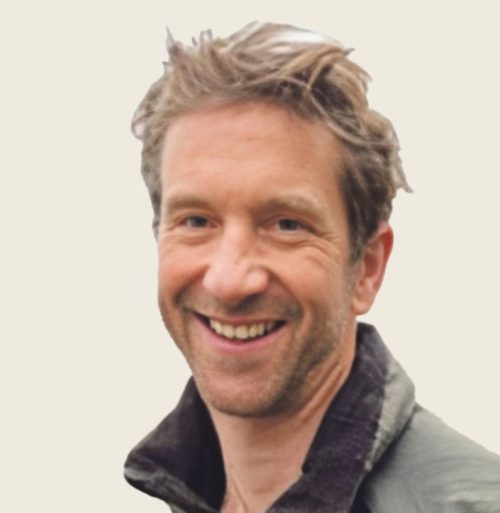


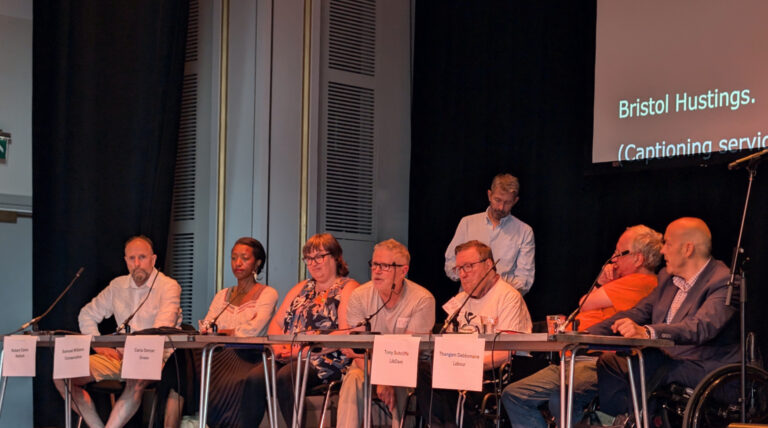

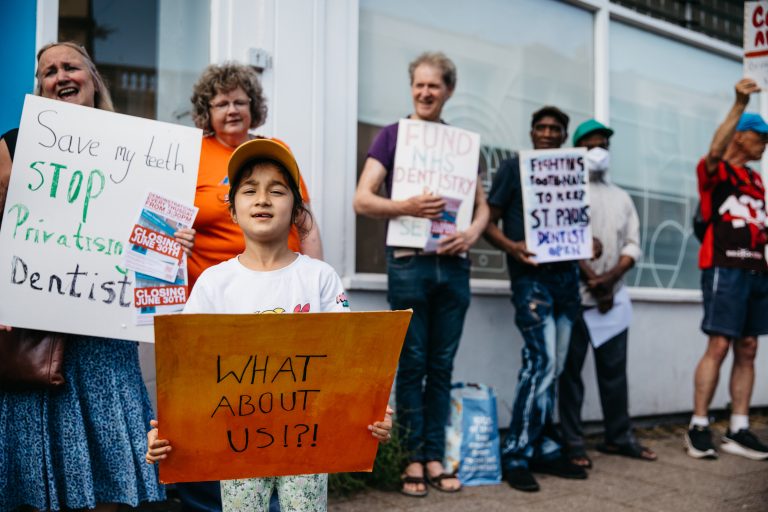

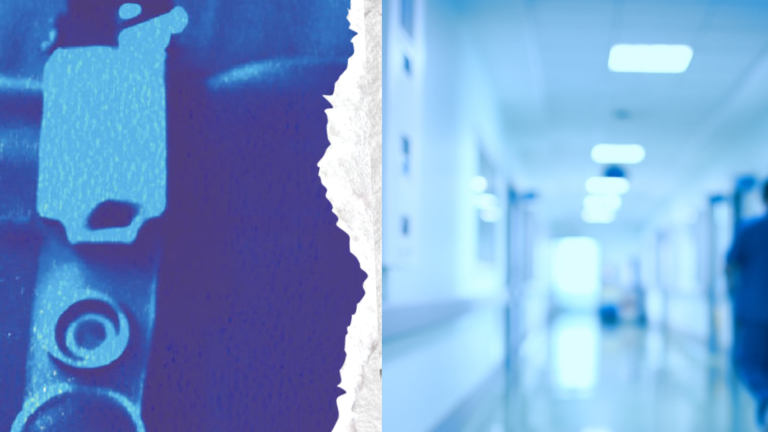



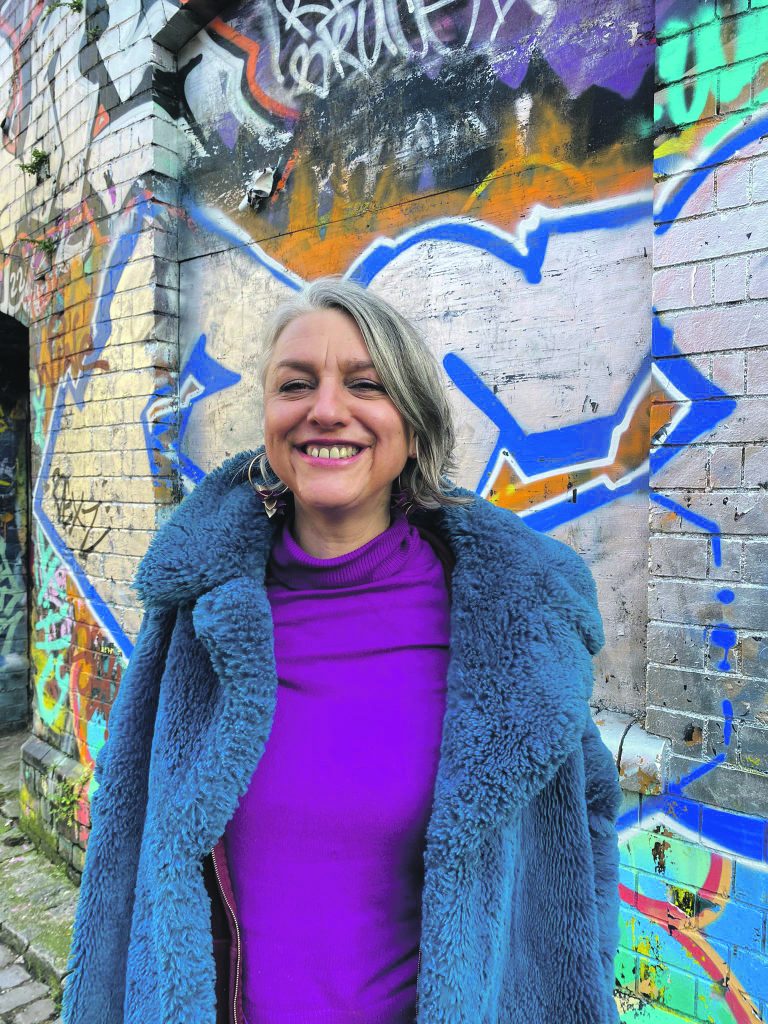

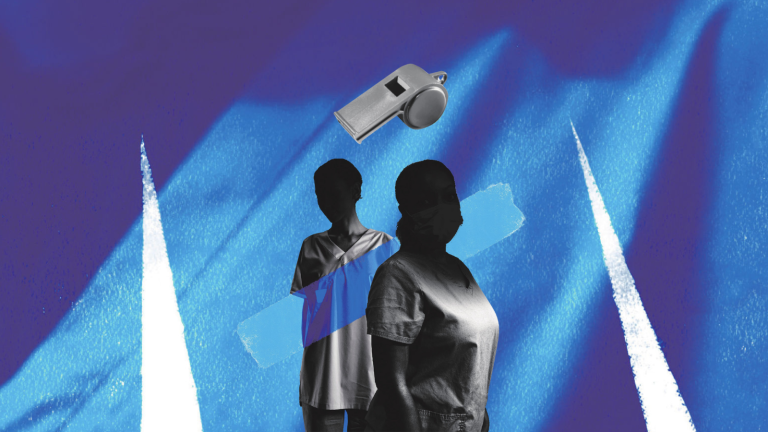
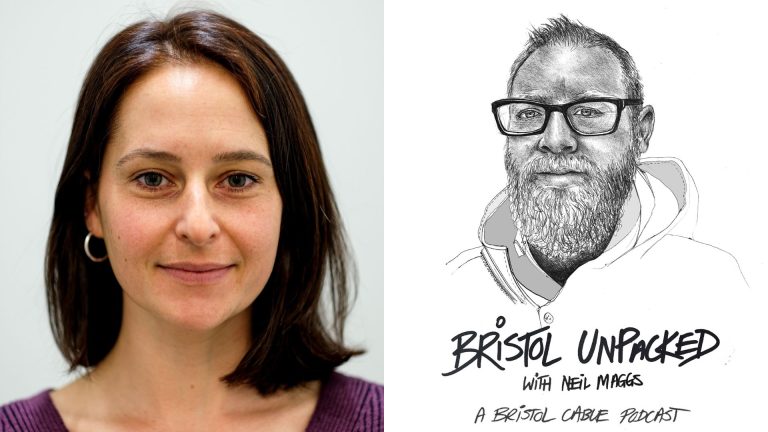


Report a comment. Comments are moderated according to our Comment Policy.